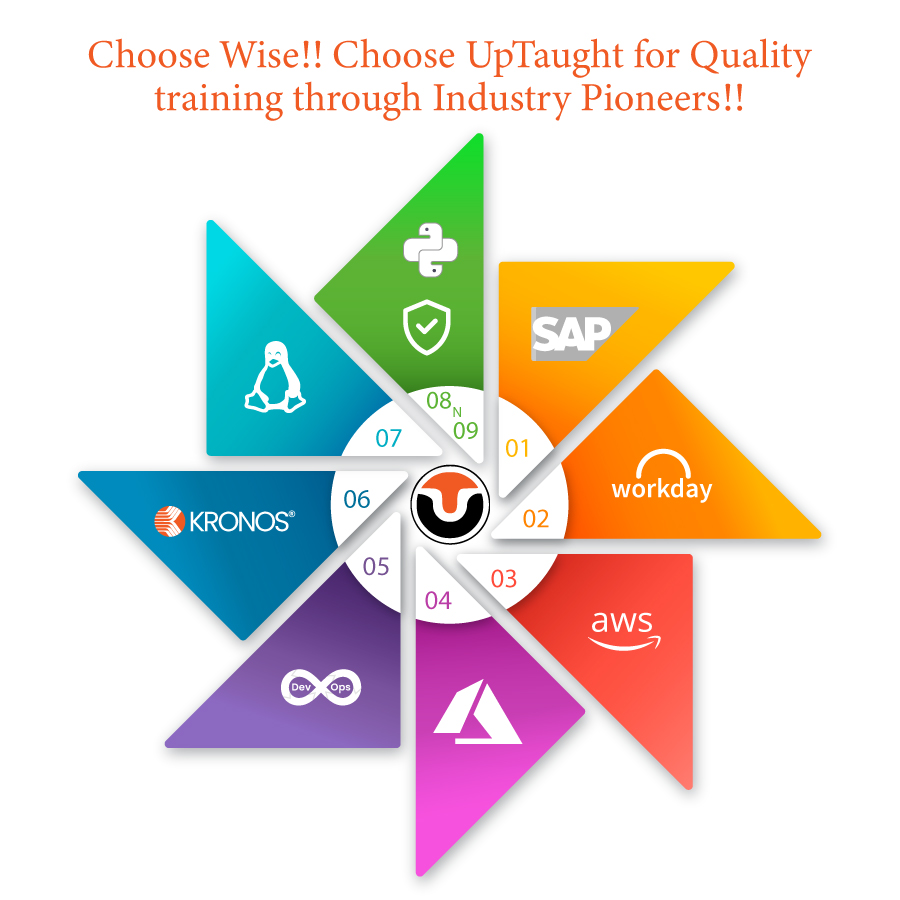After a crucial discussion of two of the most opted cloud computing options, here we are in our third blog about another software service that is an absolute need of every organization. Yes, today we are going to see about the latest buzzword of the IT industry, that is the DevOps Development Software.
Table of Contents
THE EVOLUTION OF SOFTWARE DEVELOPMENT SERVICES
The technology industry is definitely witnessing new tools and methods of Software Development in order to have faster and better quality in development. As the process of evolution began, more tools were introduced to the developing experts. Today the world is going gaga about DevOps but before that was the period of the Agile Methodology and waterfall of business invests. We can very well say DevOps is a new software development service, that evolved individually and strongly, revamping the ideas and drawbacks of Agile and Waterfall’s methodology. The Agile and Waterfall methodologies were falling short at some points and were not able to push products and it left the IT Industry in disappointment, but that does not mean it is completely useless. Even today there are many areas where it is proven to be very much efficient and delivers expected results.
Click here to Visit our Course page
DISCUSSING THE INVENTION OF DevOps
DevOps, like most of the other development tools that have practical application, has had a journey of being just ideas and dreams of developers that are thrown together into a full-fledged invention of disciplines with its processes and tools.
In 2007, a project manager, Patrick Debois, was working with the Belgian Government to help with data center migrations and found the whole process extremely frustrating because of the wall between the developers and operations team which made the job drag the process delivery and slowed down the process. Debois just sketched a few extra principles to the Agile methodology that can help the DEV teams deliver products faster and started dreaming about implementing the same kind of changes for a dev and operation team to work together.
In 2008, Andrew Schafer and Debois got together to discuss initial ideas and principles around what they then called DevOps as “the Agile Administration”. Later came the historic moment of introducing DevOps. The famous presentation by John Allspaw and Paul Hammond at the O’Reilly Velocity conference in 2009, revealed the ‘defining moment’ for DevOps to the tech world and by 2018, DevOps became the choice of adaptation for all the IT entities.
DEFINITION OF DEVOPS
As we have finished knowing the background of DevOps, you can now guess how the coining of the term ‘DevOps’ came into play and its basic conceptions. Yes, DevOps by definition, is a set of practices that combines software development (Dev) and IT Operations (Ops) and aims to shorten the systems development life cycle to provide continuous delivery with high software quality.
THE DevOps LIFECYCLE
Moving on to discuss the process of DevOps-based software development products, we need to understand and know about the DevOps Lifecycle phases. The DevOps lifecycle includes seven phases. To list out, they are:
-
Continuous Development.
This phase involves the planning and coding of software. The vision of the project is decided during the planning and the developers begin the process of scripting the code for coping with the application necessities.
-
Continuous Integration
This is the phase that is the heart of the entire DevOps Lifecycle. It is the process of software development where the developers are required to commit changes to the source code frequently. Building code is not just about compilation, but it also includes unit testing, integration testing, code review, and packaging.
-
Continuous Testing
This phase is where the developed software is continuously tested for bugs. For constant testing, there are tools like TestNG, JUnit, Selenium, etc. These tools allow QAs to test multiple code bases thoroughly in parallel to ensure there are no functionality flaws.
-
Continuous Monitoring
Monitoring is the phase that involves all the operational factors of the entire DevOps process, where the important information about the use of the software is recorded carefully to find out trends and problematic areas.
-
Continuous Feedback
The application development is consistently improved and improvised after analyzing the results from the operations of the software and is carried out by placing the critical phase of constant feedback between the development and the operations of the current and next version of the software and analyzing the needed changes.
-
Continuous Deployment
This is the phase where the code is deployed to the production servers. The code that is deployed must be correct on all the servers and is continuously deployed and is checked constantly with the configuration management tools for executing its role frequently and quickly.
-
Continuous Operations
The last stage is the application process for project enrichment, for all DevOps operations are based on the continuity with complete automation of the release process that allows the organization to accelerate the overall time to market continuously. This is why DevOps can make any software product more efficient.
HOW USING DevOps BENEFITS AN ORGANISATION
DevOps definitely has rapid customer adoption services for it truly makes the efficiency of the software massive and helps the companies operate on a different level of tech. Let’s look into a few keys that an organization can occur by approaching DevOps.
-
Updation and Innovation
DevOps definitely has the ability to bridge the gap of updations and innovation with the need and necessity of time and tides of businesses of every niche.
-
Collaboration and Reliability
DevOps itself is the result of a collaboration between two teams where the work is shared and positioned to achieve its goal. In fact, DevOps has enhanced job satisfaction and lower attrition as the process of the project is quick and hence the reliability is nowhere a question mark. Every process of DevOps has a real-time performance and monitoring maintaining the metrics of the software and product reach.
-
Security and Scalability
Without DevOps, you have to often make a tradeoff between speed and security and you can also get automated compliance policies, fine-grained controls, and configuration management techniques to maintain the scalability without compromising security.
Click here to Visit our Course page
DevOps TOOLS TO KNOW
DevOps is an option for active stakeholders, automated testing products, integrated configuration management, etc. In order to implement DevOps best practices, we should certainly know a few tools under different processes. For example,
Release Tools includes of
- Jenkins
- Travis
- TeamCity
- Bamboo
Configuration Management Tools
- Puppet
- Chef
- Ansible
- Cfengine
- Saltstack
Orchestration Tools
- Zookeeper
- Noah
- Mesos
Monitoring, Virtualization, and Containerization Tools
- AWS
- OpenStack
- Vagrant
- Docker
- New Relic
- Sensu
- Spunk
- Nagios
Coding Tools
- Jira
- Git
- Eclipse
Testing Tools
- JUnit
- Zephyr
- Selenium
- Vagrant
- SoapUI
THE CONCLUSION
With the various practices and solutions available DevOps is overwhelmingly the key to starting small and steady and is one of the promising on-demand software development tools until the near future and beyond more. Learn more about different DevOps tools for various computing services with UpTaught.





